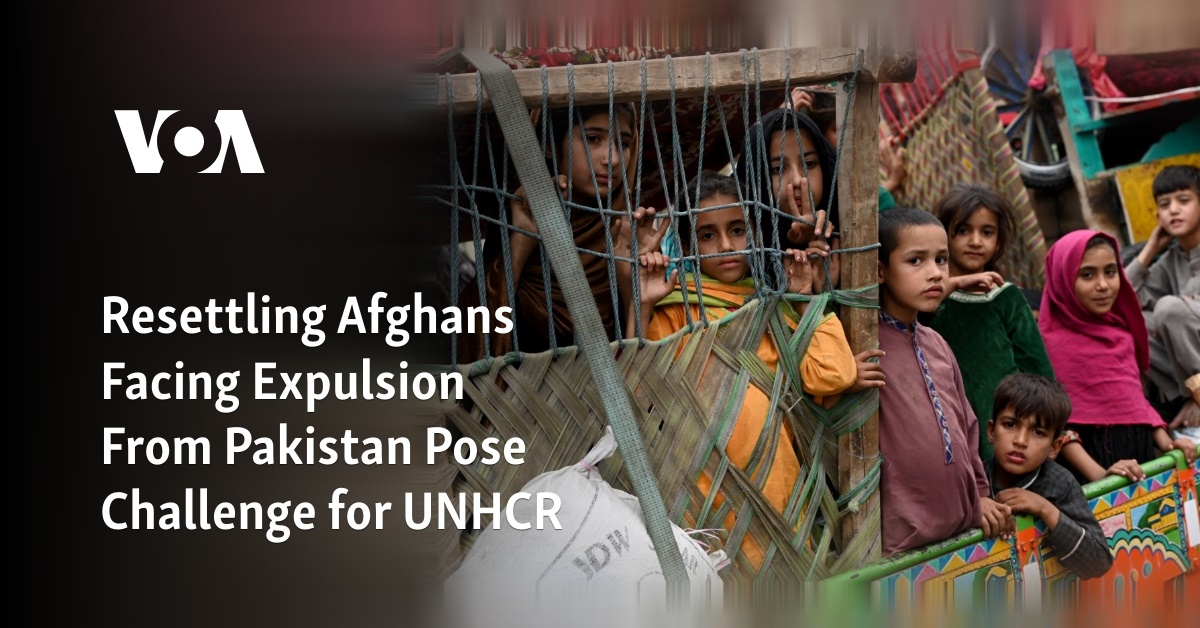.jpg?quality=75&width=1200&auto=webp)
The world’s first routine malaria The vaccination program has started Cameroon – aiming to save the lives of thousands of children across Africa every year.
The World Health Organization (WHO)-approved RTS,S vaccine, developed by British drugmaker GSK, has taken around 40 years. is designed to work with existing tools such as mosquito nets to combat malaria. The disease kills nearly half a million children under five in Africa every year.
After successful attempts also in Ghana and Kenya, Cameroon is the first country to administer doses under a routine program that 19 other countries plan to roll out this year, according to the global vaccine alliance Gavi.
It plans to vaccinate 6.6 million children in the 20 countries this year and next. Africa accounts for 96 percent of all malaria deaths worldwide.
“We have been waiting for a day like this for a long time,” Mohammed Abdulaziz of the Africa Centers for Disease Control and Prevention (CDC) said at a joint online briefing with the WHO, Gavi and other organizations.
Researchers from the Medical Research Council Unit, The Gambia (MRCG) at the London School of Hygiene and Tropical Medicine (LSHTM) have been working with local communities and volunteers in Africa to research, develop and deploy the vaccine for almost three decades.
Professor Umberto D’Alessandro, Director of the MRCG, said: “The provision of the RTS,S vaccine as a routine vaccination is only possible thanks to decades of work by researchers in Africa in collaboration with international partners, with clinical trials at the MRCG starting at LSHTM.” in 1997.
“The support of volunteers and communities both in The Gambia and the region has been crucial in making RTS,S the world’s first project Malaria vaccinewas safe and could save lives,” he said.
The urgency is clear. Disruptions related to the Covid-19 pandemic, increasing insecticide resistance and other problems have hampered the fight against malaria in recent years, with the number of cases rising by around 5 million in 2022 compared to last year, according to the WHO. Globally, there were an estimated 249 million malaria cases and 608,000 malaria deaths in 85 countries in 2022. About 80 percent of all malaria deaths in the African region were children under five.
In total, more than 30 countries on the continent have expressed interest in rolling out the vaccine. Fears of a supply shortage have eased since a second vaccine, R21, completed a key regulatory step in December. R21, developed by the University of Oxford and the Serum Institute of India, has been prequalified by the WHO, a crucial step in making the vaccine suitable for global use.
The rollout of the second vaccine “is expected to result in sufficient vaccine supply to meet high demand and reach millions more children,” Kate O’Brien, head of the WHO’s immunization department, said at the briefing. R21 could hit the market in May or June, said Aurelia Nguyen, Gavi’s chief program officer.
“The availability of two vaccines against malaria will help close the large gap between demand and supply and could save tens of thousands of young lives, particularly in Africa,” WHO Director-General Tedros Adhanom Ghebreyesus said at a meeting of the UN Executive Board committee on Monday.
Health experts told the briefing that the rollout was accompanied by extensive outreach to address any vaccine hesitancy and emphasize the importance of continuing to use all established malaria prevention tools.
The WHO has recommended a four-dose regimen for children from around five months of age, with a fifth dose being considered after a year in high-risk areas.






Recent Comments